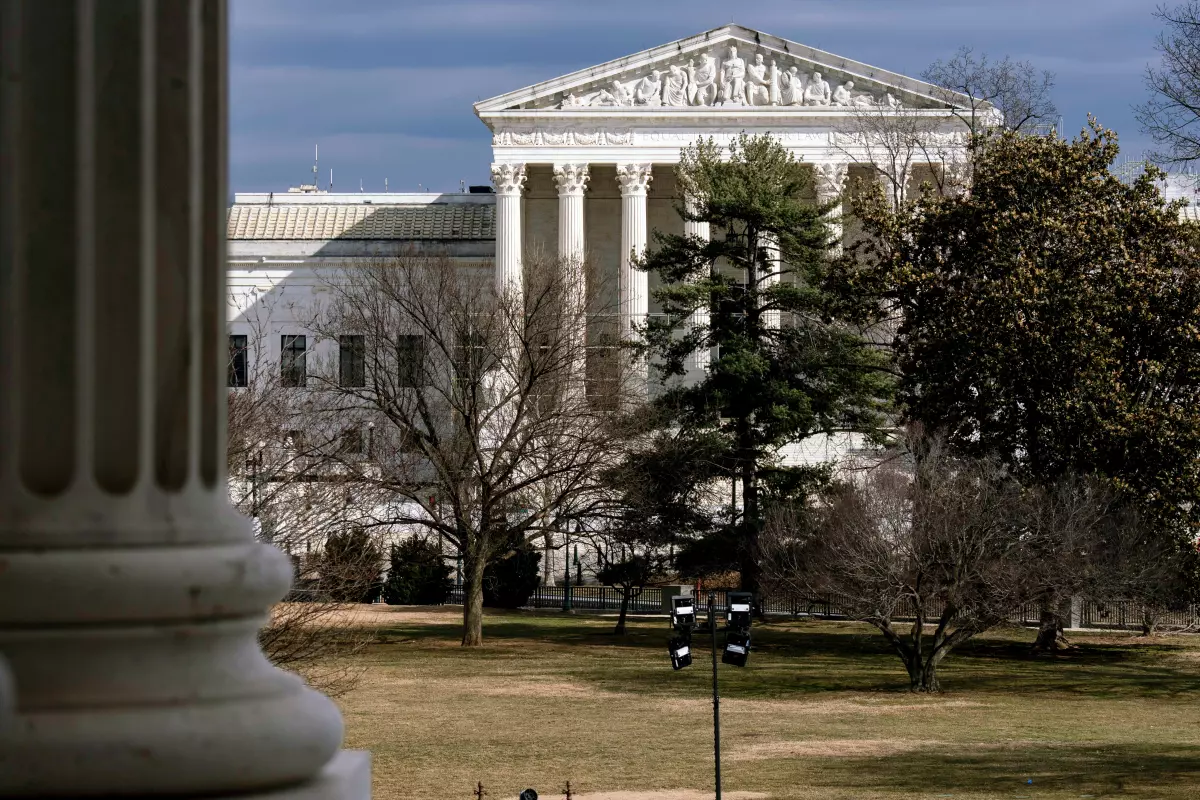Share
Share

Can a Change in Law Reduce My Federal Sentence?
A federal compassionate release can reduce an incarcerated defendant’s sentence and possibly even result in that person coming home to their family. We have previously covered many topics related to compassionate release, including what qualifies and compassionate release examples. For this article, we are going to focus on a specific type of federal compassionate release that has divided the courts across the country: a reduction in sentence based on a “change in law.”
What Qualifies as a “Change in Law” for Federal Compassionate Release?
After the First Step Act of 2018, many courts granted compassionate release for defendants who received a harsher sentence than they would have if sentenced today because of a change in law. Most common examples include the “stacking” of multiple violations of 18 U.S.C. § 924(c). Others include the now reduced mandatory minimum sentences for certain offenses.
Sometimes when there is a change in the law, it is considered “retroactive.” This means that those who have already been sentenced can benefit from the change. Other times, however, changes in law are not made retroactive. In other words, federal defendants who have already been sentenced cannot take advantage of a change in law that defendants who are sentenced today benefit from. Recognizing the unfairness in treating defendants differently simply based on when they were sentenced, many courts granted federal compassionate releases to make up for this disparity. On the other hand, there were many courts that expressly found this sort of reduction does not apply to 18 U.S.C. § 3582(c)(1)(A) federal compassionate release.
2023 Sentencing Guidelines Amendment
A part of the split among courts was the U.S. Sentencing Commission had not revised its guidance on federal compassionate release after passage of the 2018 First Step Act. In November 2023, the Sentencing Commission amended U.S.S.G. § 1B1.13 and the definition of “extraordinary and compelling reasons” that justify a compassionate release. Specifically, U.S.S.G. § 1B1.13(b)(6) now provides:
Unusually Long Sentence.–If a defendant received an unusually long sentence and has served at least 10 years of the term of imprisonment, a change in the law (other than an amendment to the Guidelines Manual that has not been made retroactive) may be considered in determining whether the defendant presents an extraordinary and compelling reason, but only where such change would produce a gross disparity between the sentence being served and the sentence likely to be imposed at the time the motion is filed, and after full consideration of the defendant’s individualized circumstances.
Put in more simple terms, the Guidelines now direct courts to consider a change in law as an “extraordinary and compelling reason” for federal compassionate release if (1) they have served 10 years or more of their sentence, and (2) they would have received a lesser sentence if sentence today because of the change in law.
Federal Compassionate Release Circuit Split Continues to Deepen
Prior to the Guidelines Amendment, the circuit courts reached different results on whether a change in law could qualify for compassionate release. The 2023 guidance was meant to unify the courts in application of the Guidelines to compassionate release motions. Unfortunately, few circuit courts have delved into how the 2023 Amendment applies to compassionate release motions, and those that have addressed the issue have only deepened the circuit split.
Third, Fifth, Sixth, and Seventh Circuits Reject Sentencing Guidelines on Compassionate Release
Of the courts to have issues published opinions on U.S.S.G. § 1B1.13 and federal compassionate release, the Third, Fifth, Sixth, and Seventh Circuit Courts of Appeals have outright rejected the Sentencing Commission’s guidance and found the Commission exceeded its authority with its 1B1.13 amendment. United States v. Bricker, __F.4th__, 2025 WL 1166016 (6th Cir. Apr. 22, 2025); United States v. Black, 131 F.4th 542 (7th Cir. 2025); United States v. Austin, 125 F.4th 688 (5th Cir. 2025); and United States v. Rutherford, 120 F.4th 360 (3d Cir. 2024).
Needless to say, this is an area of law where a federal compassionate release attorney needs to really bring expertise to the table to help their clients. The law is not simple or straightforward for federal compassionate release. You deserve a compassionate release lawyer who stays on the cutting edge of legal developments in federal compassionate release.
Where Can I File a Compassionate Release Based on Change in the Law?
While some circuit courts have expressly held that a change in law does qualify as extraordinary and compelling reasons for federal compassionate release, it is still an open question in other courts. Below is a guide on which circuit courts allow for a compassionate release based on change in law, which courts don’t, and those courts where the question is still open.
 Contact Evergreen Attorneys for Compassionate Release Help
Contact Evergreen Attorneys for Compassionate Release Help
Filing for a reduction in sentence or compassionate release based on a change in the law requires experience and knowledge of the U.S. Sentencing Guidelines, most recent changes in federal law, and keeping up to date with various court opinions. The lawyers at Evergreen Attorneys can help you navigate these rough waters and fight for a federal compassionate release from prison. Contact us today at (303) 948-1489 or by email at [email protected] to discuss your options.
Zachary Newland
Zachary Newland is an attorney, author, aspiring BBQ connoisseur, and mediocre skier. Zachary's law practice is focused on federal criminal defense, federal appellate advocacy including post-conviction remedies, civil rights litigation, and complex trial work. Zach lives in Evergreen, Colorado with his family. You can reach Zach at [email protected] to discuss your case or call him directly at 303-948-1489.
STAY IN THE LOOP
Subscribe to our free newsletter.
By David G. Savage, Oct. 20, [...]
Colorado Healthcare Fraud Investigations Colorado [...]









